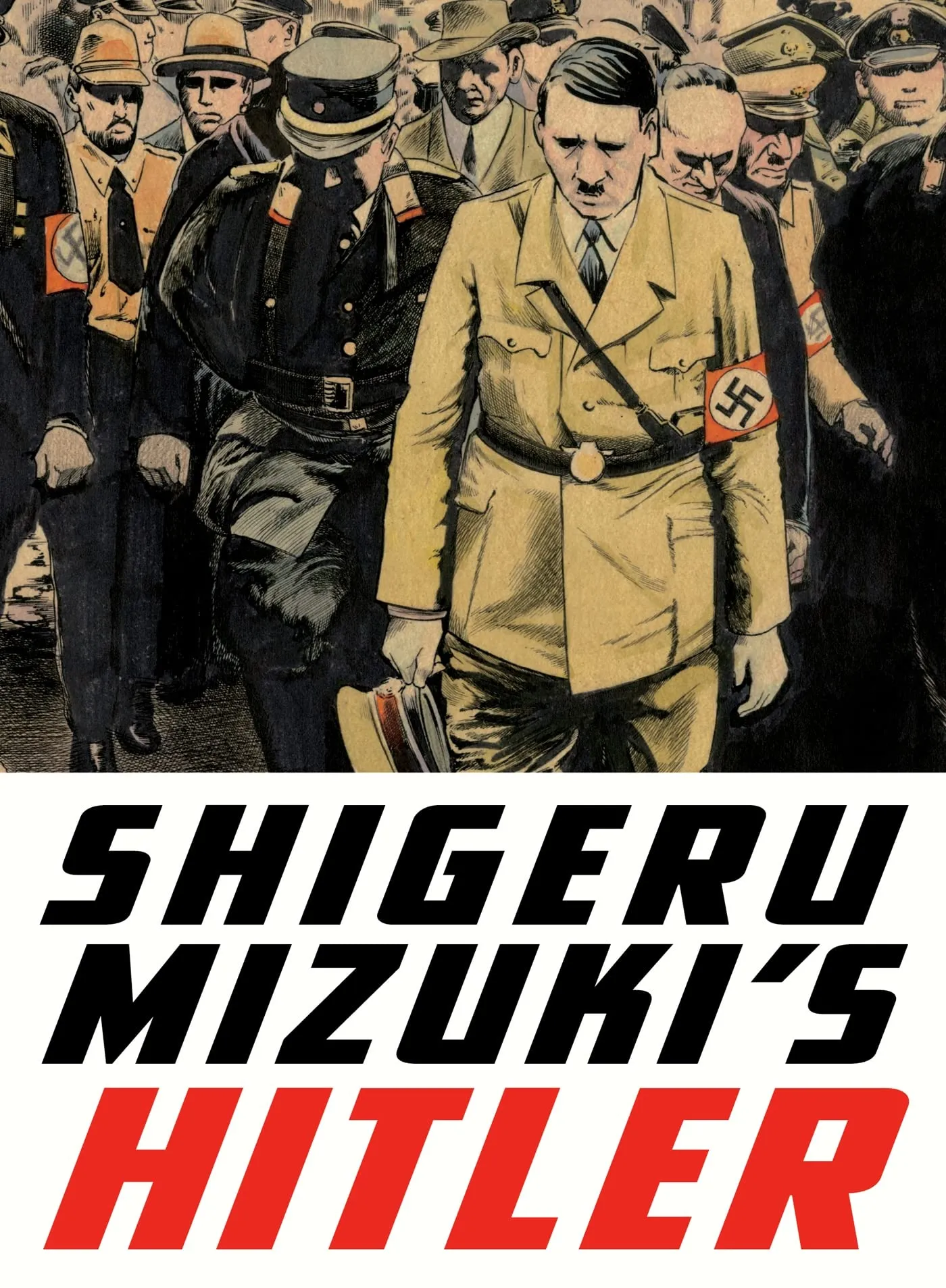Showa 1944-1953 Book by Shigeru Mizuki – A Historical Account of Japan’s World War II Legacy
$24.95
Discover the profound impact of World War II on Japan in Showa 1944-1953, an intimate history by Shigeru Mizuki.
Description
Showa 1944-1953: A History of Japan, authored by the renowned Shigeru Mizuki, offers a deep and personal exploration of Japan during a pivotal era in history. This volume, part of the acclaimed series, continues Mizuki’s autobiographical narrative intertwined with historical accounts of the Showa period.
The book begins by recounting the dramatic events that unfolded during the final years of the Pacific War. After the devastating surprise attack on Pearl Harbor, Japan found itself engaged in an intense and deadly conflict with the United States. The narrative takes readers through a series of strategic encounters between the two formidable navies, highlighting the fierce battles fought across the diminutive Pacific islands. From the hardships faced on Guadalcanal to the desperate struggles on Okinawa, the story illustrates Japan’s gradual loss of ground.
As the war progresses, the United States employs a new and horrifying weapon—the atomic bomb. The ramifications of this decision are explored in depth, revealing the unimaginable fallout and the profound effects it had on Japan and its people. Mizuki’s account does not shy away from the harsh realities that emerged from this catastrophic event.
In addition to the broader historical context, Showa 1944-1953 intricately weaves Mizuki’s personal life experiences into the larger narrative. The author shares his journey through the tumultuous changes in Japan during this period, offering a unique perspective on how the war’s conclusion shaped his life choices. After suffering a severe injury that resulted in the loss of his arm during the brutal fighting, Mizuki faces a critical decision: should he stay on the island, where he has formed a bond with the local Tolai people, or return to the devastated landscape of Japan to pursue his aspiration of becoming a cartoonist?
This volume stands as a powerful testament to the personal toll of war, highlighting the struggles and resilience of individuals caught in the chaos of history. Mizuki’s poignant storytelling and artistic prowess shine throughout the book, making it not only a historical account but also a deeply moving exploration of human experience.
For a visual representation of the themes discussed, the following table summarizes key aspects of Showa 1944-1953:
| Aspect | Description |
| Historical Context | The impact of World War II on Japan, focusing on the years 1944-1953. |
| Author | Shigeru Mizuki, a celebrated cartoonist and historian. |
| Personal Journey | Mizuki’s struggle after losing his arm and his aspirations as a cartoonist. |
| Thematic Elements | The personal toll of war and the resilience of the human spirit. |
Showa 1944-1953 is more than just a book; it is a profound exploration of a nation’s tumultuous past, as seen through the eyes of one of its most notable storytellers. Readers will find themselves immersed in an engaging narrative that blends history, personal struggle, and artistic expression, making it a must-read for anyone interested in understanding the complexities of Japan’s past.
Additional information
| brand |
|---|
Related products
-

Blank Comic Book – Draw Your Own Comics – 122 Pages, 8.5′ x 11′, 15 Templates for Creative Storytelling
$6.99 Add to cart -

Okinawa DC Comics Collection – Sword of Sand & Mabui – Unflinching Look at Okinawan History
$22.82 Add to cart -

Showa 1939-1944: A History of Japan by Shigeru Mizuki – War, Transformation & Survival in WWII
$26.39 Add to cart -

Showa 1926-1939: A History of Japan by Shigeru Mizuki – Captivating Historical Portrait
$21.98 Add to cart -

Showa 1944-1953: A History of Japan by Shigeru Mizuki – Powerful WWII Insights, Drawn and Quarterly
$20.44 Add to cart -

Tono Monogatari Graphic Novel by Shigeru Mizuki – Masterful Adaptation of Japanese Folklore
$19.45 Add to cart -

Shigeru Mizuki’s Hitler: A Graphic Biography of the WWII Man Behind the Holocaust
$20.86 Add to cart -

Showa 1953-1989: A History of Japan – The Final Volume in Shigeru Mizuki’s Acclaimed Series
$24.95 Add to cart


Reviews
There are no reviews yet.